Romantic Comedy
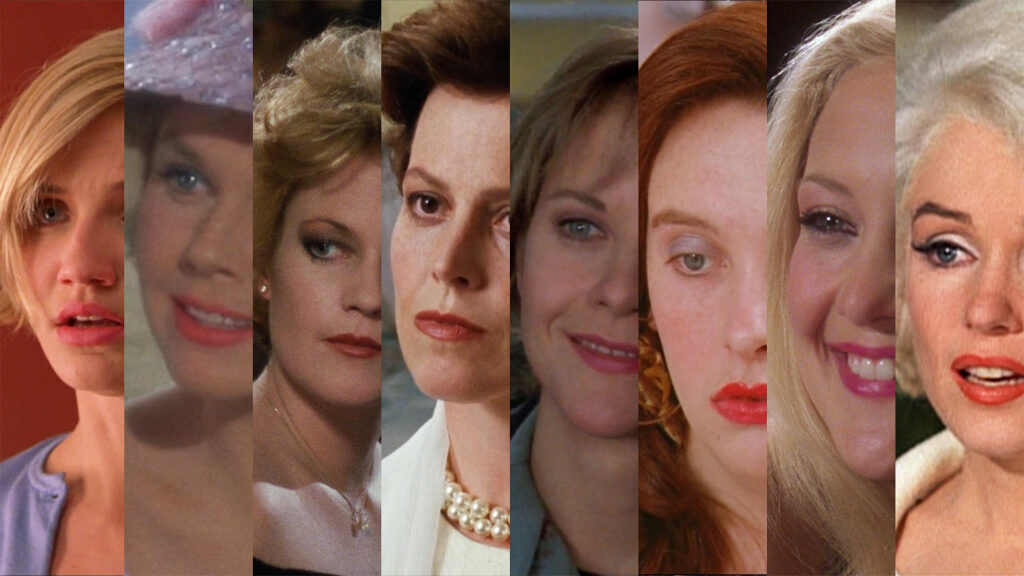
Rom-coms: they’re the genre we hate to love. It has become standard practice to, on one hand, deride them as attractively packaged garbage targeted by crafty studio execs at credulous, lonely women, and, on the other, to defiantly stake a claim for them as formulaic but harmless. Feminism is divided. Are rom-coms, with their white, thin protagonists who secretly yearn for a muscled husband, sexist? Or is the flak launched at them by the media a sign that the male-dominated critic machine simply doesn’t understand them?
Elizabeth Sankey, the director and narrator of Romantic Comedy, largely avoids falling into reductive arguments. Over the course of an hour and a half – as short and sweet as the genre she examines – she narrates some of the pivotal moments in the history of the romantic comedy, and attempts to deconstruct why they are so addictive, despite their problems. And, funnily enough, the feeling that accrues from watching her documentary is something like the effect of a romantic comedy. It’s pleasant, even exhilarating at times, but it sacrifices depth for speed. Just like the symmetrical kiss at the closing frame, it leaves us wondering how we got here.
Sankey’s knowledge of the much-maligned genre is the most impressive part of Romantic Comedy. The picture is entirely composed of a supercut of romantic comedies, mostly taken from the genre’s heyday between 1990 and 2010. Megafans will appreciate the inclusion of such niche gems as 1994’s Only You and 1999’s Simply Irresistible, in which Sarah Michelle Gellar is empowered by a magical crab (?). For the less well-versed (read: sad), there are plenty of iconic moments.
The soothing narration from Sankey, unfortunately, is interrupted by a chorus of banal interviews with a cast of Guardian writers, independent filmmakers, and the occasional actor. From what authority they speak about romantic comedies, other than being the kind of armchair connoisseurs that most people are, is unclear. A commentator confidently narrates the plot of the Sandra Bullock movie While You Were Sleeping while the accompanying video reveals, point by point, that she has completely misremembered it. It’s as cringey as Matthew McConaughey’s accent.
Shallow dives into the history of the rom-com (screwball comedies were all about empowering women, until that pesky World War II sent them back into their homes!) are followed by the obvious points about its failings: the unrealistic expectations it places on women’s bodies, the overriding whiteness and heterosexuality, the gender conformity it enforces. This could all have been gleaned from a Jezebel thinkpiece or even a Tumblr account. The moments that work are where Sankey deviates from this well-trodden path: to consider why rom-coms are so appealing, and to expand on the possible future of the genre. A section considering the effects of stereotypes on men, rather than women, is also thought-provoking. Music from her band, Summer Camp, provides likeable punctuation.
Romantic Comedy doesn’t offer any groundbreaking insights, but it’s a comfortable watch. Sankey reminds us – partly by example – that not all films are Oscar fodder, and that’s fine.
Malin Hay
Romantic Comedy is released digitally on Mubi on 7th May 2020.
Watch the trailer for Romantic Comedy here:


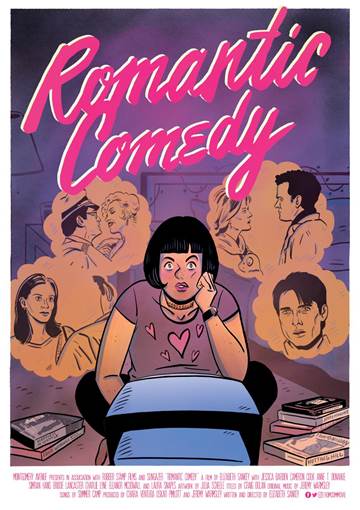
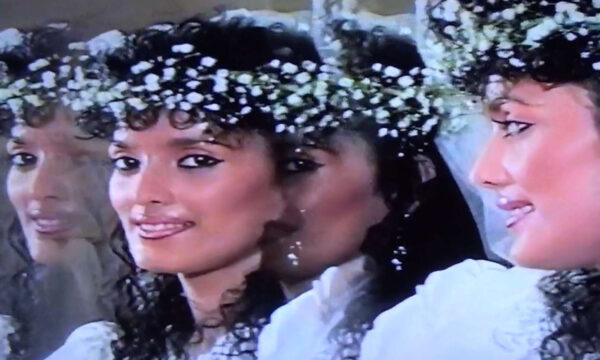
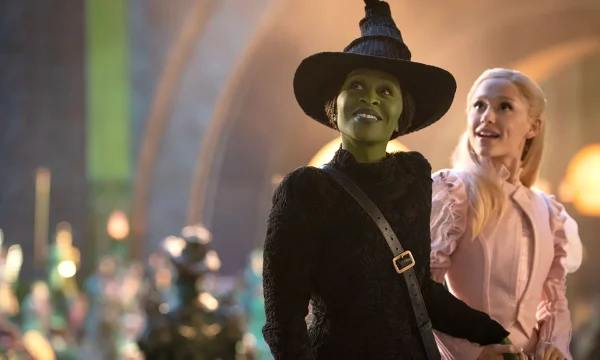
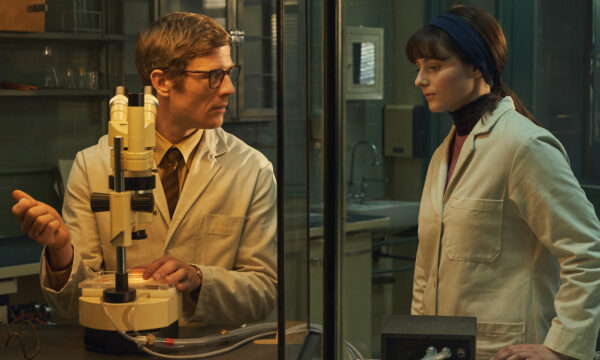
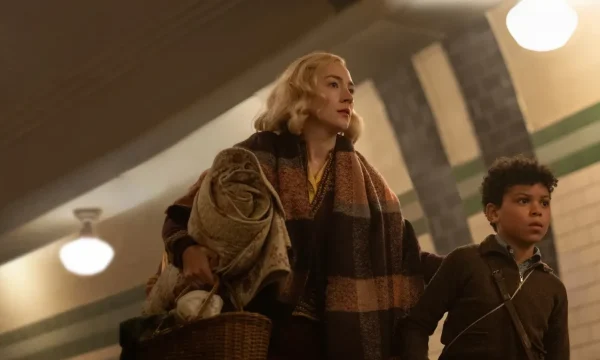
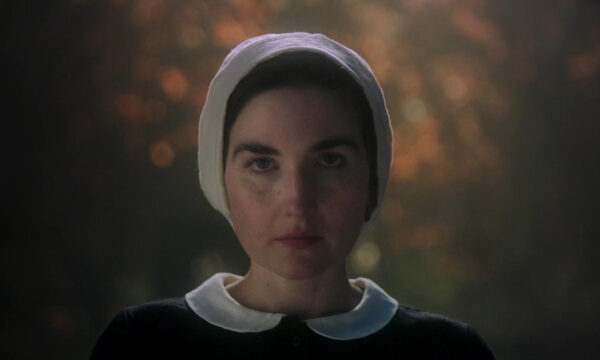

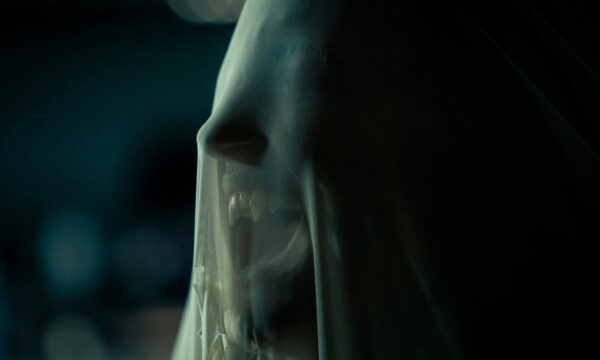
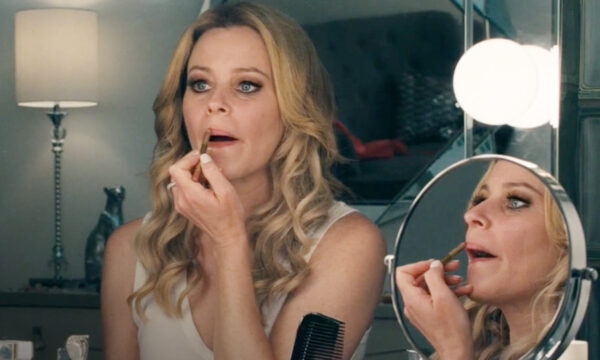










Facebook
Twitter
Instagram
YouTube
RSS